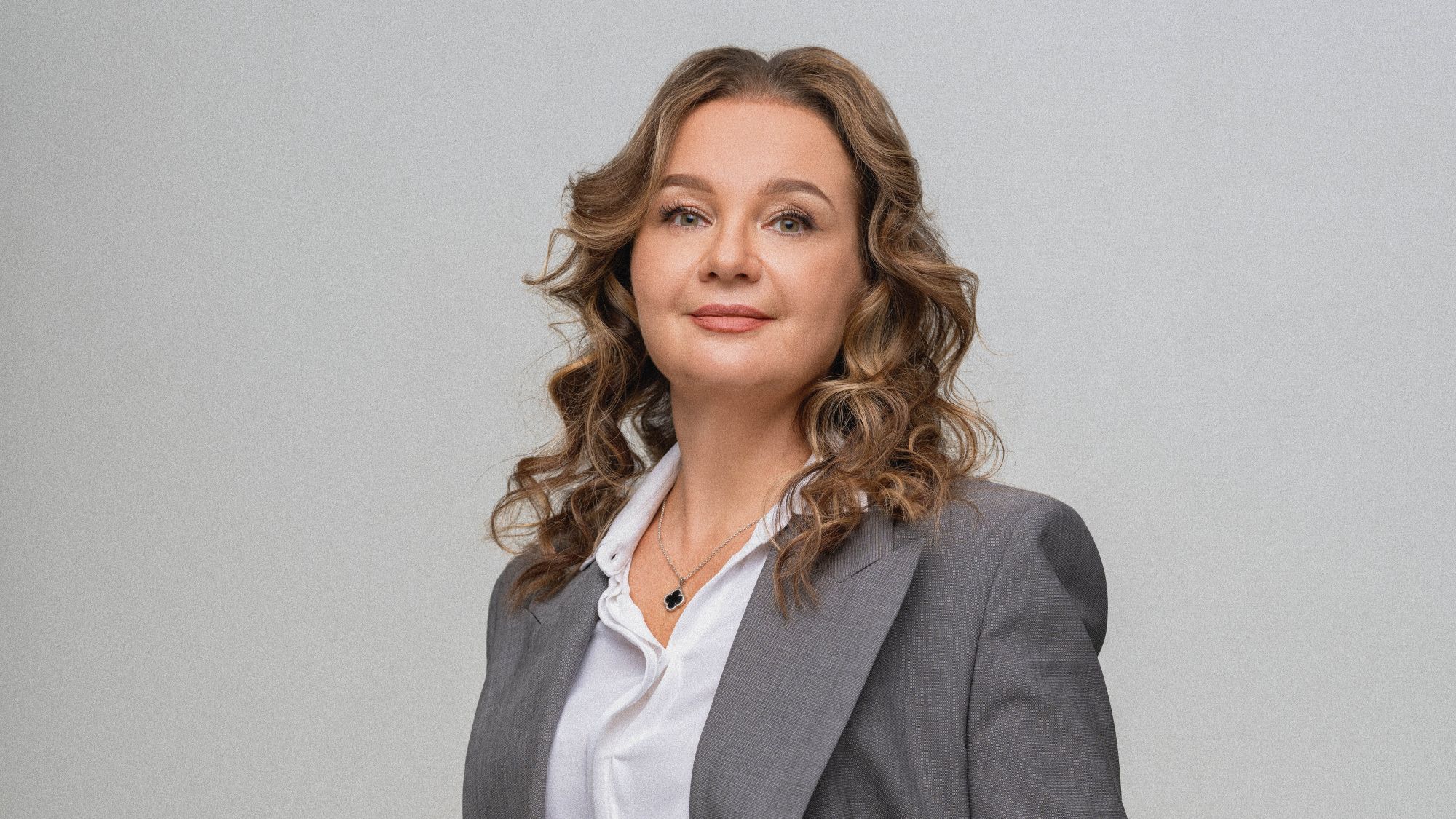Yuriy Arkusha, call sign “Syvyi”, works at Kamet Steel in civilian life
— What initiatives for integrating male and female veterans do you consider unique for Ukrainian corporate life?
— What makes us special is that we take care of our mobilised employees from the moment they receive their call-up papers. We provide everything they need and take care of their families. This also helps with returning to work after demobilisation.
Metinvest currently has nearly 4,000 hard-to-fill positions. If half of the employees serving in Ukraine’s armed forces return, it will be a significant help for us. The veteran adaptation ecosystem includes programmes for psychological support, rehabilitation, retraining, providing higher education and preparing teams for the return of veterans.
— What is the budget for supporting and adapting veterans?
— In 2024, it amounted to US$250,000, while around US$550,000 is planned for 2025.
— What are the most capital-intensive projects?
— Developing training programmes, psychological support (we engage military psychologists, who are in short supply) and recreation for children.
— What is the main challenge in integrating veterans?
— It is difficult for employees to return to regions close to the front line. They are more willing to move west, to their families or places that are safer than Zaporizhzhia or Kryvyi Rih.
We are creating conditions: infrastructure and housing. We compensate expenses related to housing rental for all our displaced employees (previously from Mariupol, now from Pokrovsk) for up to one year. But this does not solve the issue at its root: there is a need for security.
— Have you drawn on international experience?
— We completed an internship at the American Warrior Association, which developed a veteran adaptation programme specifically for us, based on US experience. Unfortunately, their experience is not always applicable to us: the US has never fought a war on its own territory. We use PTSD recognition methods and first aid tools during psychological breakdowns.
We have implemented the idea of veteran communities at Zaporizhstal and enterprises in Kryvyi Rih. We are establishing veteran hubs, where we invite relevant specialists to provide veterans with legal and other advice.
Yuriy Arkusha was awarded the Gold Cross for courageously holding back an enemy tank breakthrough in the Izyum area
— Are the remuneration and working conditions for veterans different from those of other employees?
— Everyone is treated equally. We provide financial assistance to mobilised employees. For their children and families, we organise health and rehabilitation camps.
— Are there any corporate insurance programmes for veterans, as well as benefits for gym memberships, massage sessions, swimming pools and so on?
— All employees have insurance, including those serving in the armed forces. This year, we launched an enhanced health insurance programme for veterans, which is valid for the first year after their return. This insurance is 30% more expensive than the standard one.
— How do you measure satisfaction with working conditions?
— In 2024, we conducted this type of survey for the first time. It helped us to understand the needs of veterans. We plan to continue carrying out surveys to adapt the veteran programme to their specific needs.
— Are there retraining programmes for veterans?
— Most of our veterans return to their previous positions. Before doing so, they all complete a short course to refresh their knowledge and skills.
— What additional educational opportunities are available for veterans?
— The tools we used before the war no longer work. Previously, we offered a six-to nine-month training programme for industrial professions such as steelworkers, steelworkers’ assistants and machine operators. Currently, we cannot provide training for such a long period. We retrain rapidly, focusing on practical skills. Newcomers are trained directly on the shop floor by instructors and workshop managers. This also applies to those requiring retraining, including veterans who are ready to work in production.
In addition, we have a powerful educational tool: Metinvest Polytechnic. There, veterans can acquire the necessary knowledge, advance their qualifications or obtain a related specialisation free of charge. This year, 23 students are enrolled, which is roughly the same as last year.

Tetiana Petruk, chief sustainability officer of Metinvest Group
— What skills acquired on the front line are in demand?
— Teamwork, discipline and mutual assistance. In business, this is referred to as cross-functional interaction.
— How is the work with PTSD and mental health organised?
— We provide psychological counselling to anyone who needs it. PTSD is not only an issue for veterans: some people have lost their homes, lost relatives or been injured. Among our employees, 1,029 have been killed and 1,683 wounded. These are members of the armed forces of Ukraine, civilians and family members.
We have prepared teams for the return of veterans: what questions they can ask, how to behave if someone does not engage and how to anticipate and prevent potential conflicts. Since 2023, we have launched two major programmes involving almost 20,000 employees. We conduct mandatory medical examinations during recruitment, as well as periodic assessments by a psychotherapist.
— What advice would you give to companies preparing to welcome veterans?
— Treat veterans like ordinary people. Do not single out and divide teams into veterans and non-veterans.
— What are the priorities for working with veterans in 2025?
— For me, this is already a daily operational activity. We have developed a process, created a system and are continuing to move in this direction. We plan to involve as many veterans as possible in the future, as this is important for the Group’s overall operational activities.
The article was published in Forbes Ukraine magazine no. 2 [35] for April-May 2025.
